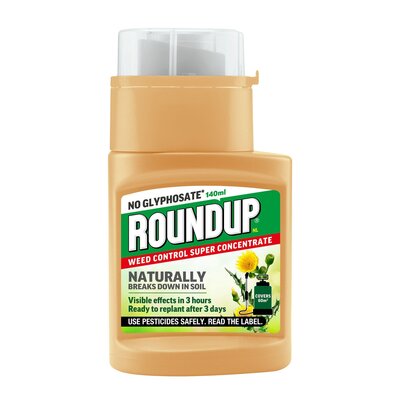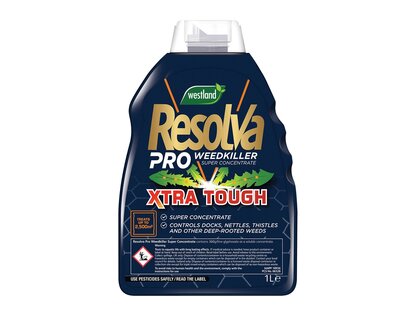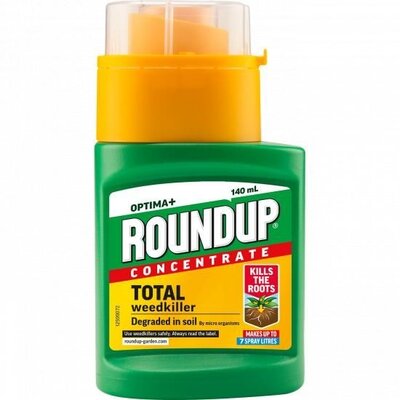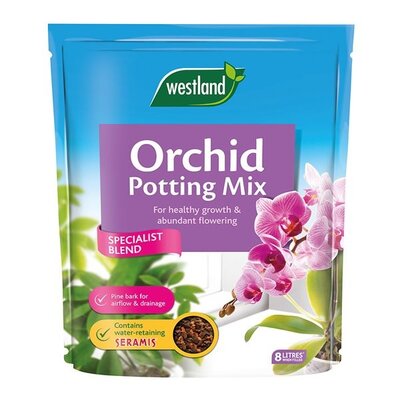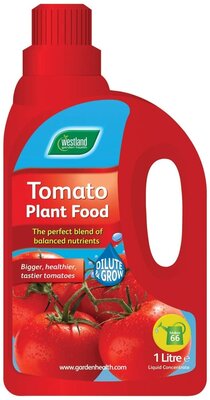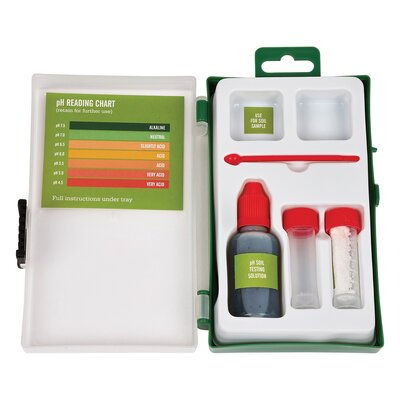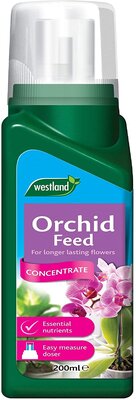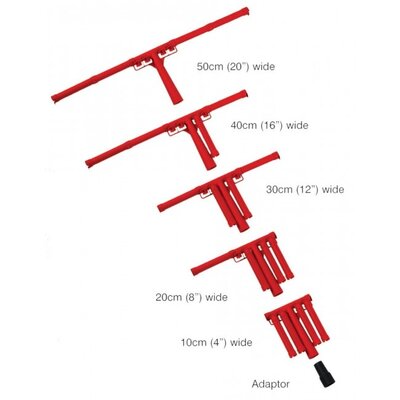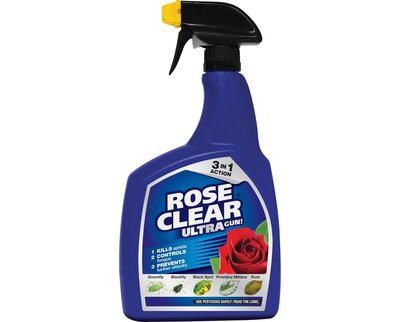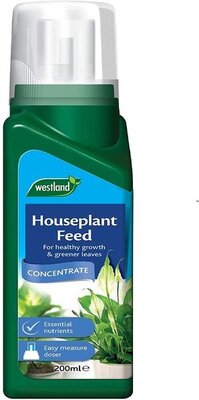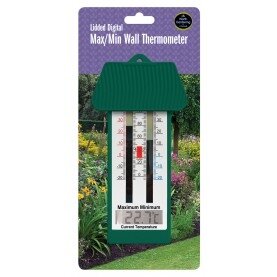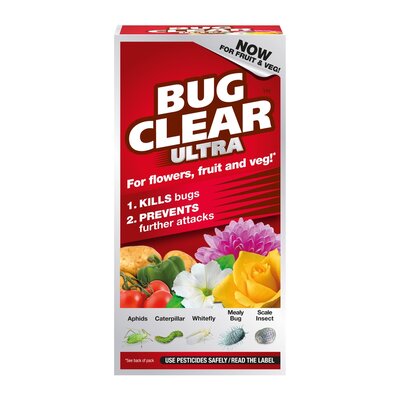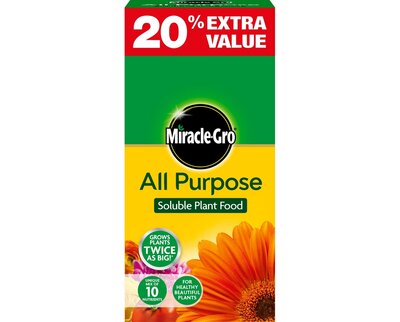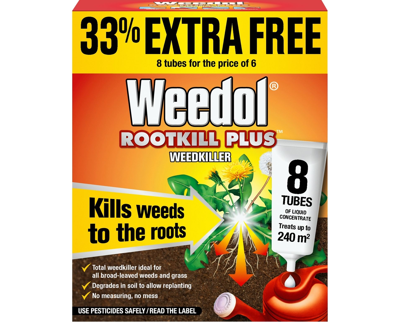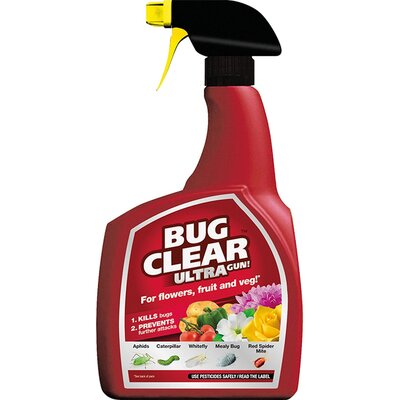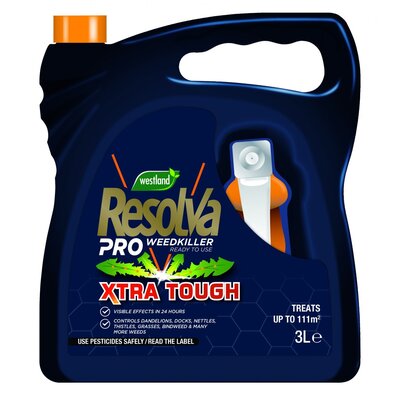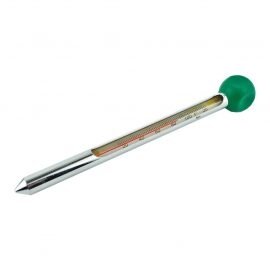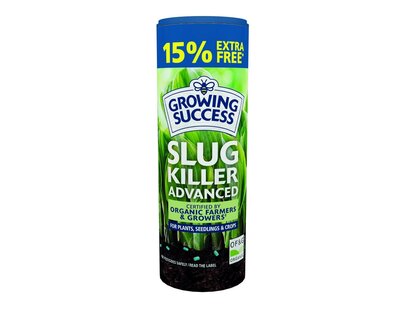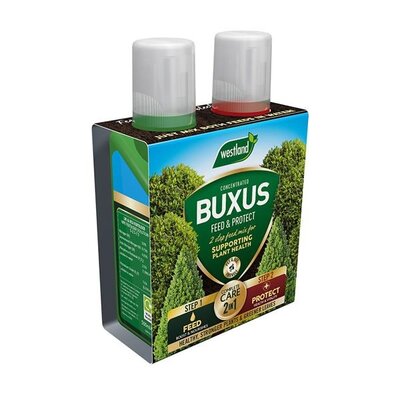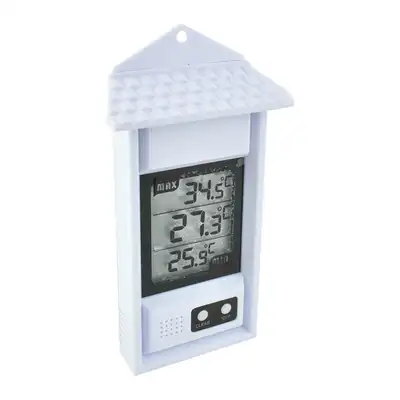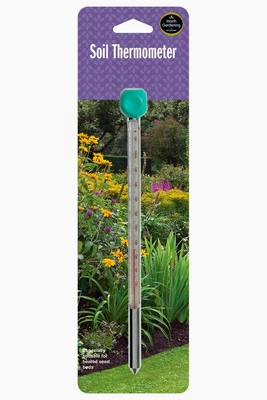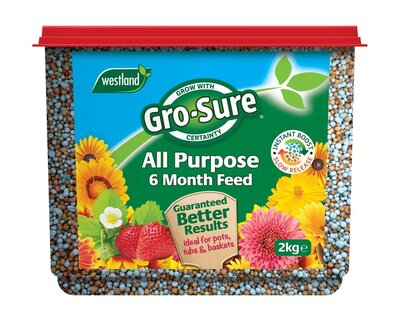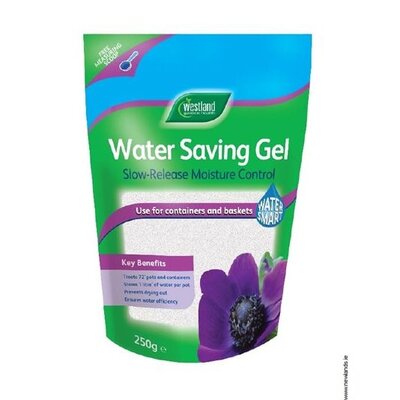Plant Care
Create the best environment possible to allow your garden to reach the highest level of quality and beauty. In our webshop you can find everything you need to offer the best care possible for your plants. All purpose plant food, special feeders, plant-specific food, colourant and weed kill. We offer a full range of plant care from food to maintenance to preventive products.
12 Tips for Caring for Outdoor Plants
When you think of indoor plants, you likely have visions of them in a minimalistic pot, tucked away in an obscure corner of your home. However, outdoor plants don’t get nearly as much attention as they should. When grown outdoors, even the simplest indoor plant can thrive and flourish. There are many benefits to having outdoor plants in your home and garden. Not only do they add beauty to your property but they also help purify the air around them. If you’re thinking about adding some greenery to your backyard or front yard with some potted plants, some tips will help you achieve success from the get-go. Good outdoor landscaping is not just about putting a couple of nice plants into a random spot on your property; it’s about creating an aesthetically pleasing space that is functional and practical as well.
Care for Outdoor Plants in Spring
The spring season is perfect for planting outdoor plants, trees, and shrubs. The ground is still cool, moist, and easy to work with, which makes it easier to plant your desired items. You can plant most outdoor plants in spring, but you should check to see if there are any specific instructions for your region as to when to plant certain types of plants. Before planting your desired plants, make sure that your soil is healthy and enriched. You can add compost and organic materials to your soil to enrich it, which will help your plants thrive. Spring is also the perfect time to prune your plants. Whether they are indoor or outdoor plants, pruning them will help them grow better and look better overall. You can also plant small annual flowers or vegetables in your yard or garden at this time of year. The soil will warm up quickly, and the plants will have ample time to grow before they are overtaken by the heat of summer.
Care for Outdoor Plants in Summer
Summer is the peak season for growing plants, so this is the best time to plant any new plants that are part of your landscaping. Keep in mind that the ground is cooler in the summer than it is in spring, so you may want to amend your soil a little less than you did in spring. You also don’t need to water your plants as much, as the heat of the summer will help them retain water from the ground. As the summer wears on, your plants may need some shade, as the sun will intensify as the season progresses. If you have evergreen bushes or trees in your yard, make sure to clip back any branches that are blocking a nearby plant.
Care for Outdoor Plants in Fall
The fall is a great time to plant trees and shrubs, as their roots are still easy to work with. This is also a good time to plant perennials, such as ornamental grasses and flowers. The soil is still warm, and your plants will have plenty of time to grow before winter sets in. If you have evergreen plants in your yard, you should start clipping them back in the fall. This will help them prepare for the coming cold weather, and it will also help your yard look a lot tidier. If you have deciduous plants, you can also start pruning them in the fall.
Care for Outdoor Plants in Winter
Winter is a good time to plant vegetables and root vegetables, such as carrots and potatoes. You can also plant small annual plants, such as pansies, to add color and beauty to your yard in the winter. If you live in an area that sees a lot of snow, you will probably want to prune your evergreen plants in the winter. Too much snow can weigh down branches, causing them to snap off. You can also rake away the snow from the bases of your plants, which will help them retain water.

